As technology continues to advance at a rapid pace, autonomous vehicles are on the brink of revolutionizing the way we commute. Imagine a world where traffic jams, road rage, and the stress of daily driving are things of the past. In this article, we’ll explore 15 ways autonomous vehicles will transform your daily commute, making it safer, more efficient, and ultimately more enjoyable.
Contents
Reduced Traffic Congestion
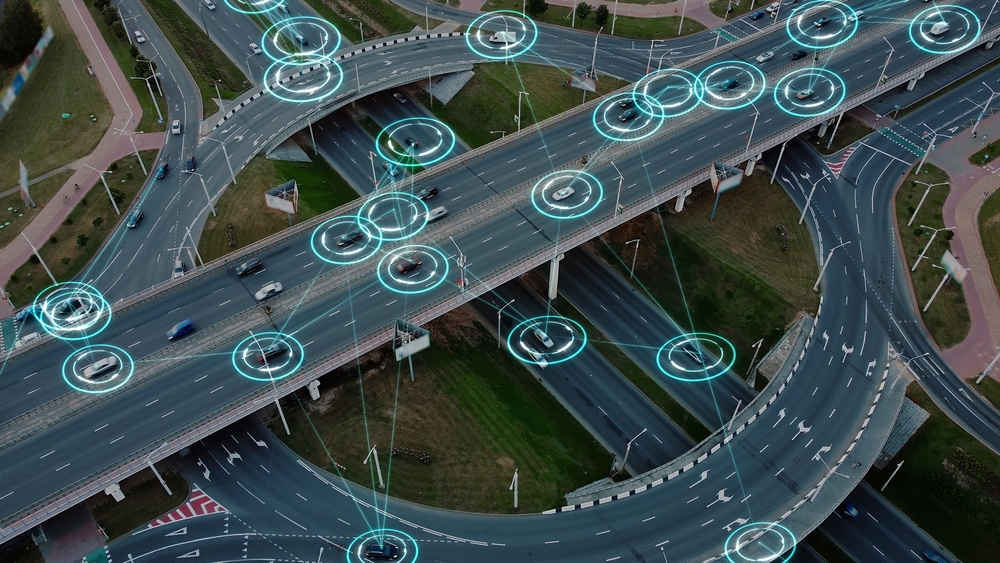
Autonomous vehicles can communicate with each other to optimize traffic flow, significantly reducing congestion. By using advanced algorithms, these vehicles can maintain optimal speeds, choose less crowded routes, and minimize stop-and-go traffic, leading to smoother commutes and shorter travel times.
Enhanced Safety
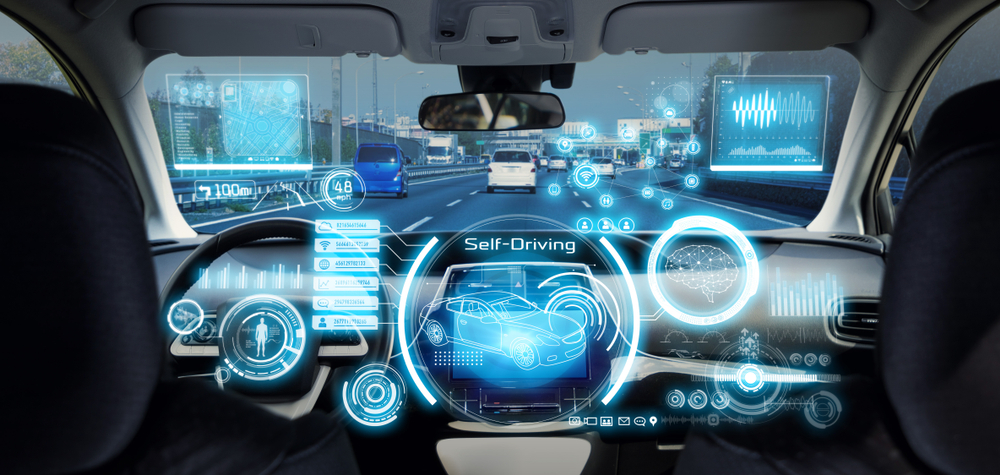
Self-driving cars are equipped with numerous sensors, cameras, and radars that provide a 360-degree view, detecting potential hazards well before a human driver could. This technology drastically reduces the likelihood of accidents caused by human error, such as distracted driving, fatigue, or reaction time delays.
Increased Productivity
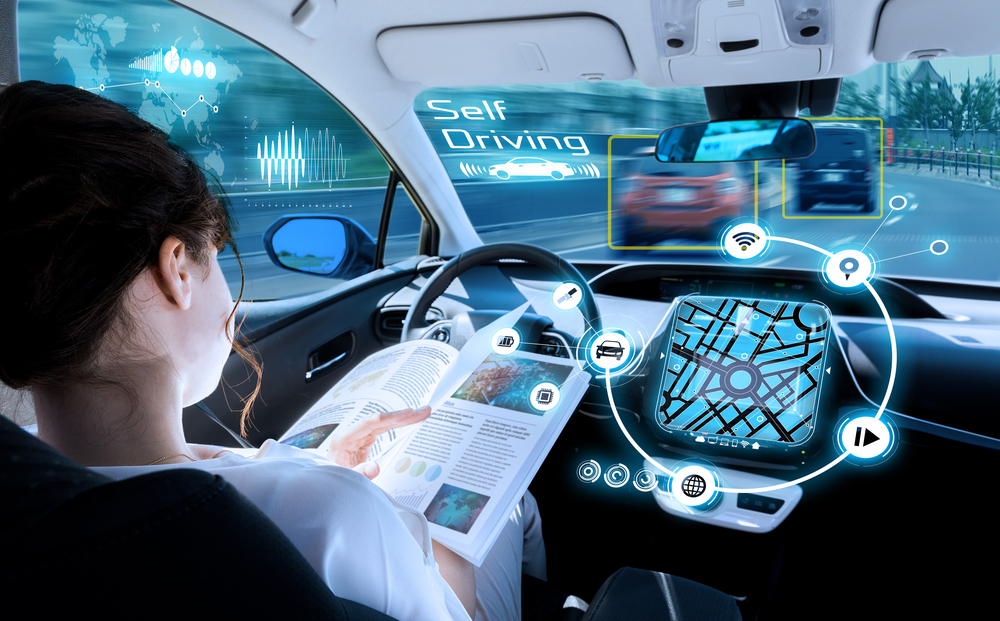
With autonomous vehicles handling the driving, commuters can utilize travel time for work or leisure activities. Whether it’s preparing for a meeting, answering emails, or simply reading a book, the ability to reclaim this time will lead to increased productivity and a better work-life balance.
Lower Stress Levels
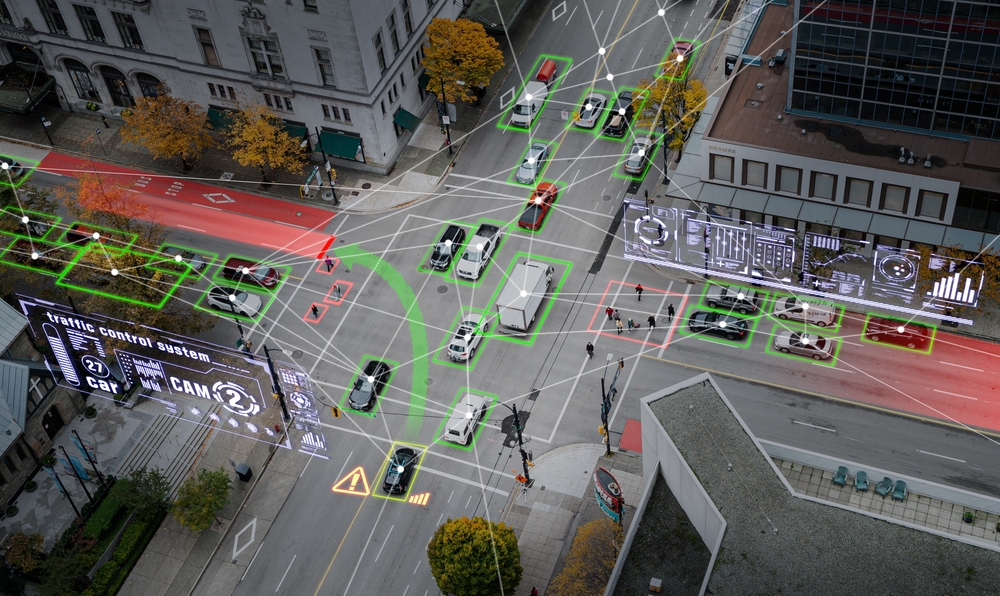
Driving in heavy traffic or adverse conditions is a significant source of stress. Autonomous vehicles eliminate this stress by taking over the driving responsibilities, allowing passengers to relax and enjoy the ride without worrying about traffic, navigation, or road rage incidents.
Improved Fuel Efficiency
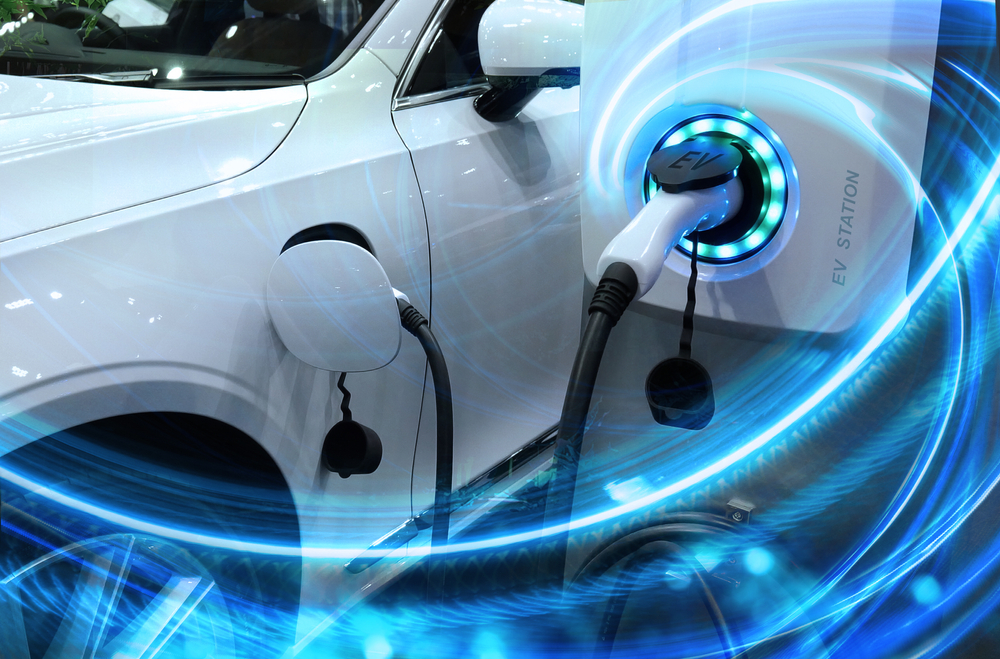
Autonomous vehicles can drive more efficiently than humans, maintaining optimal speeds and reducing unnecessary acceleration and braking. This results in better fuel economy and lower emissions, contributing to a more sustainable environment.
Environmental Benefits

By optimizing driving patterns and reducing traffic congestion, autonomous vehicles can significantly cut down greenhouse gas emissions. Furthermore, many autonomous vehicles are electric or hybrid, further reducing their environmental footprint and promoting cleaner air.
Cost Savings

The efficiency of autonomous vehicles can lead to lower fuel consumption and maintenance costs. Additionally, fewer accidents mean lower repair costs and insurance premiums, resulting in overall savings for vehicle owners.
Accessibility for All
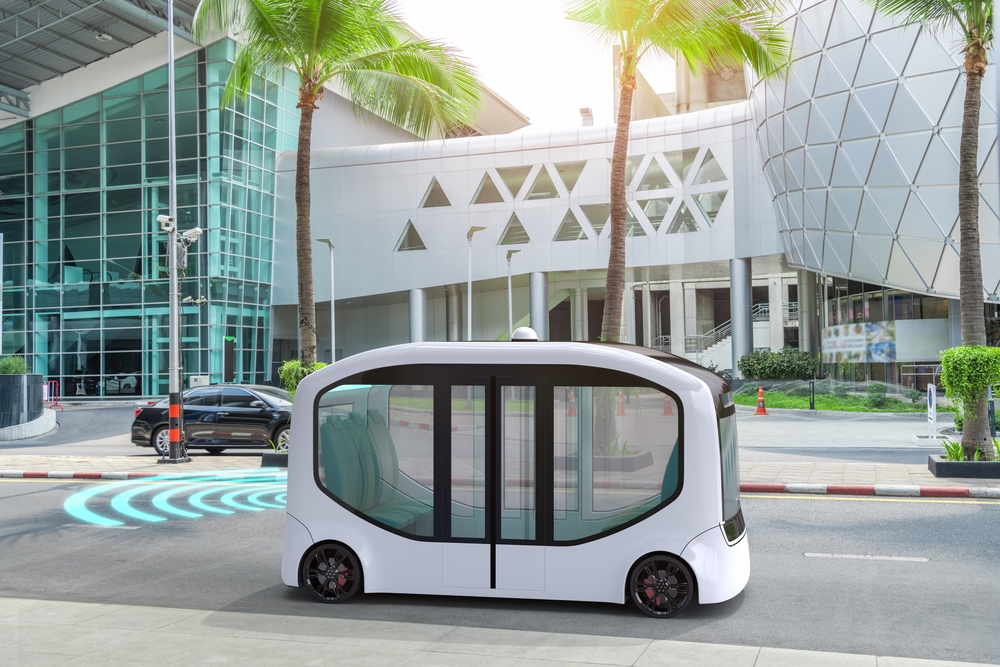
Autonomous vehicles provide greater mobility for people with disabilities, the elderly, and those unable to drive. With features like voice commands and automated entry, these vehicles can offer a new level of independence and freedom to those who need it most.
Reduced Need for Parking
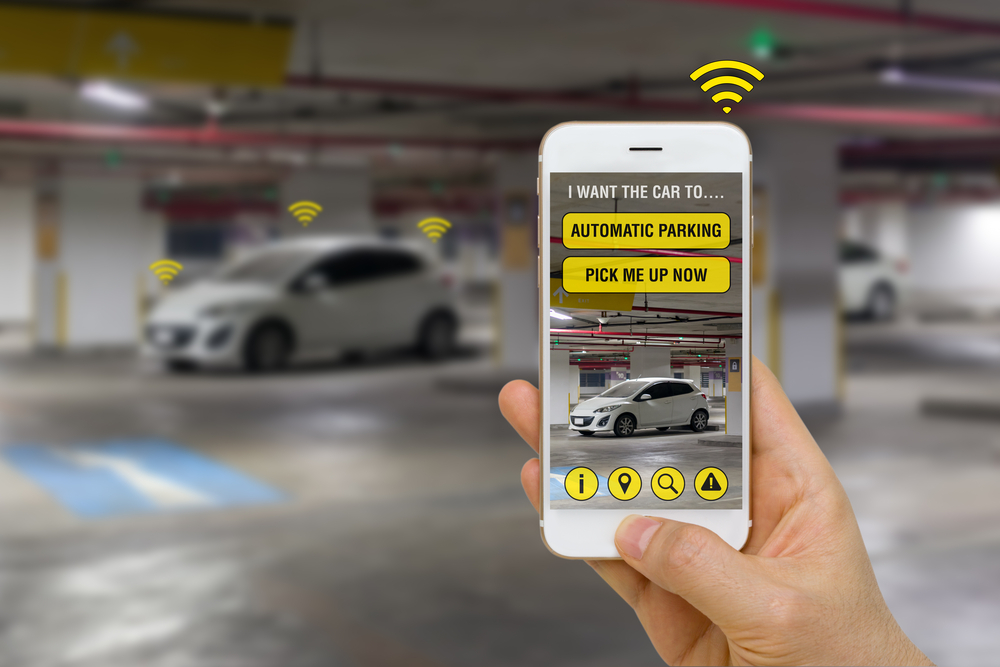
Autonomous vehicles can drop passengers off at their destination and then park themselves in less congested areas. This reduces the need for parking spaces in prime locations, potentially freeing up land for other uses such as parks or additional development.
Faster Emergency Response
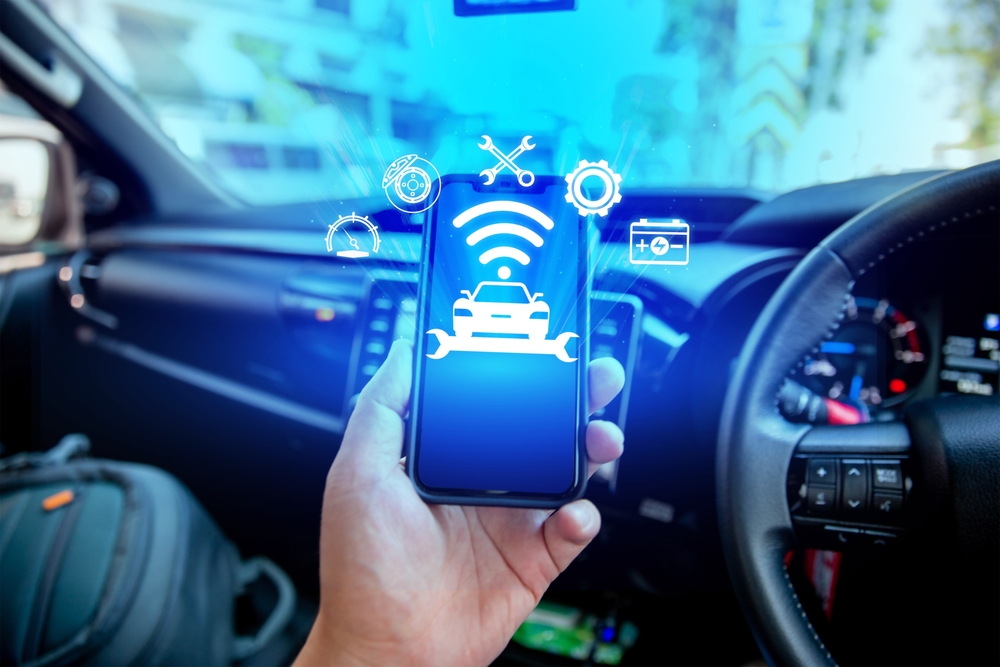
Self-driving cars can communicate with emergency services and clear a path more efficiently than human drivers. Additionally, autonomous ambulances can navigate through traffic with precision, leading to quicker response times and potentially saving lives.
Flexible Commute Options
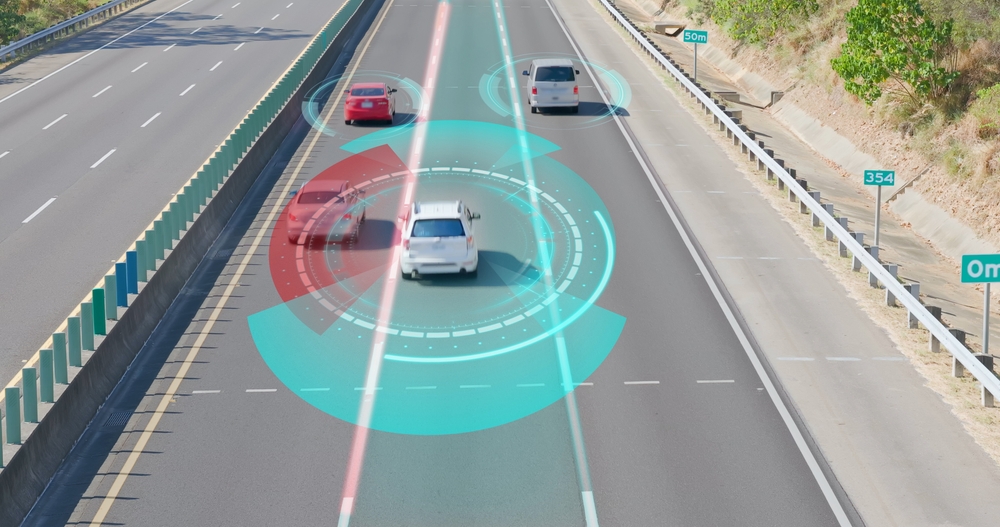
With autonomous vehicles, commuters have more flexibility in choosing their routes and timing. These vehicles can adapt to real-time traffic conditions and personal preferences, ensuring the most efficient and comfortable commute possible.
Reduced Wear and Tear
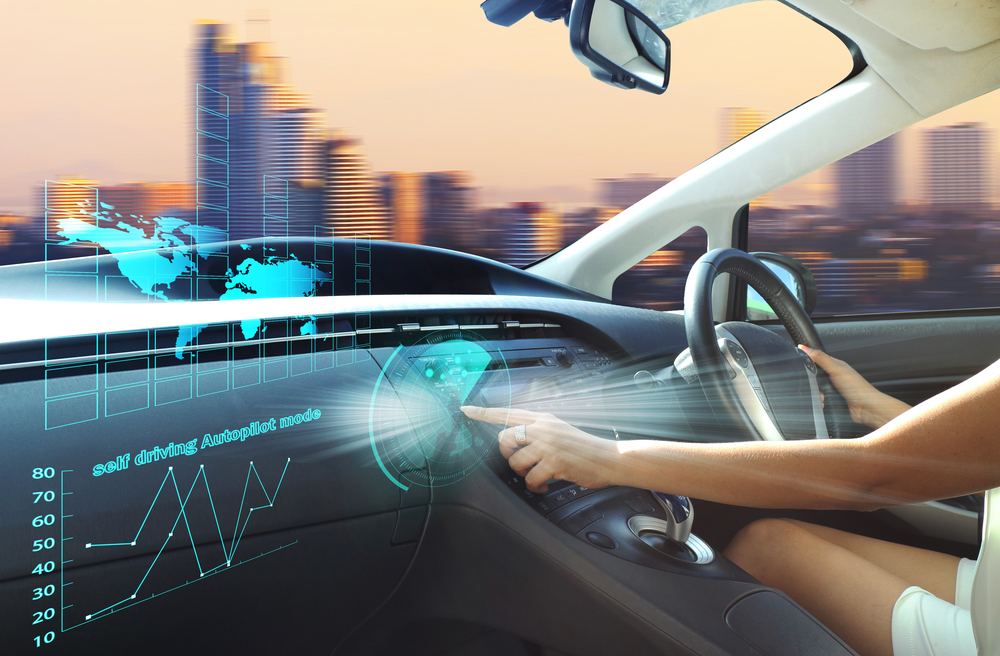
Autonomous vehicles drive more smoothly than human drivers, reducing wear and tear on vehicle components such as brakes, tires, and suspension systems. This leads to longer vehicle lifespans and lower maintenance costs.
Better Urban Planning
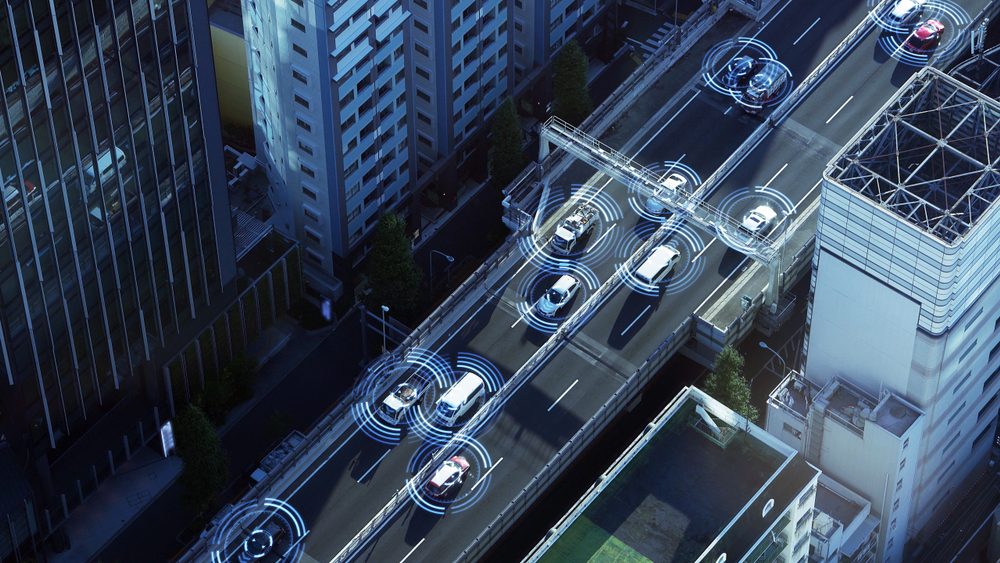
The reduced need for extensive parking infrastructure can allow cities to redesign urban spaces, creating more green areas, pedestrian zones, and bike paths. This can lead to more livable and aesthetically pleasing cities.
Increased Carpooling
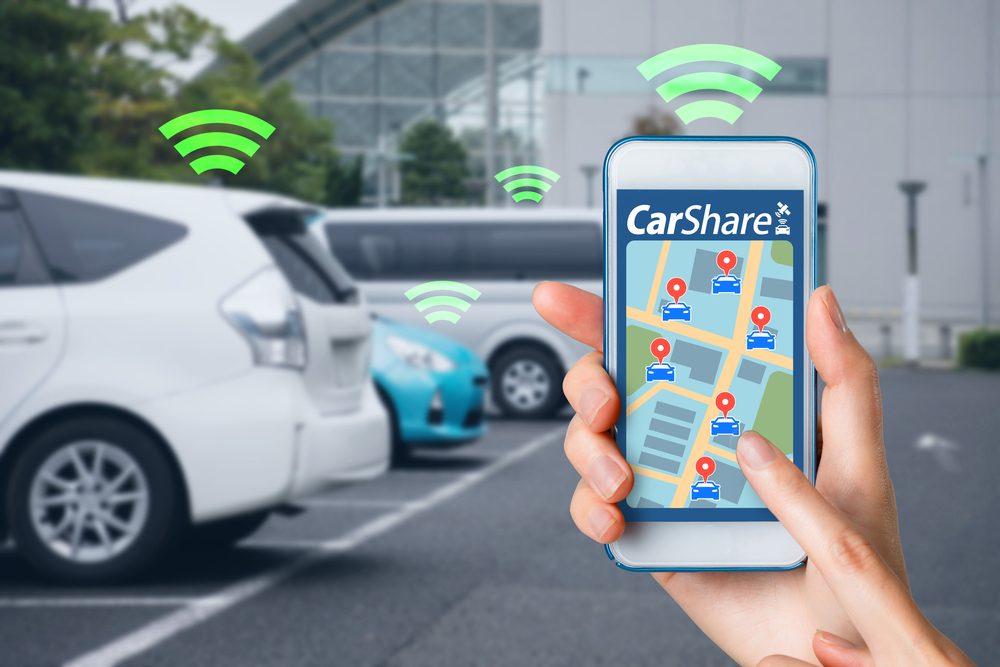
Autonomous vehicles can make carpooling more convenient and efficient by coordinating pick-up and drop-off times and locations. This can reduce the number of vehicles on the road, lower commuting costs, and decrease environmental impact.
Improved Air Quality
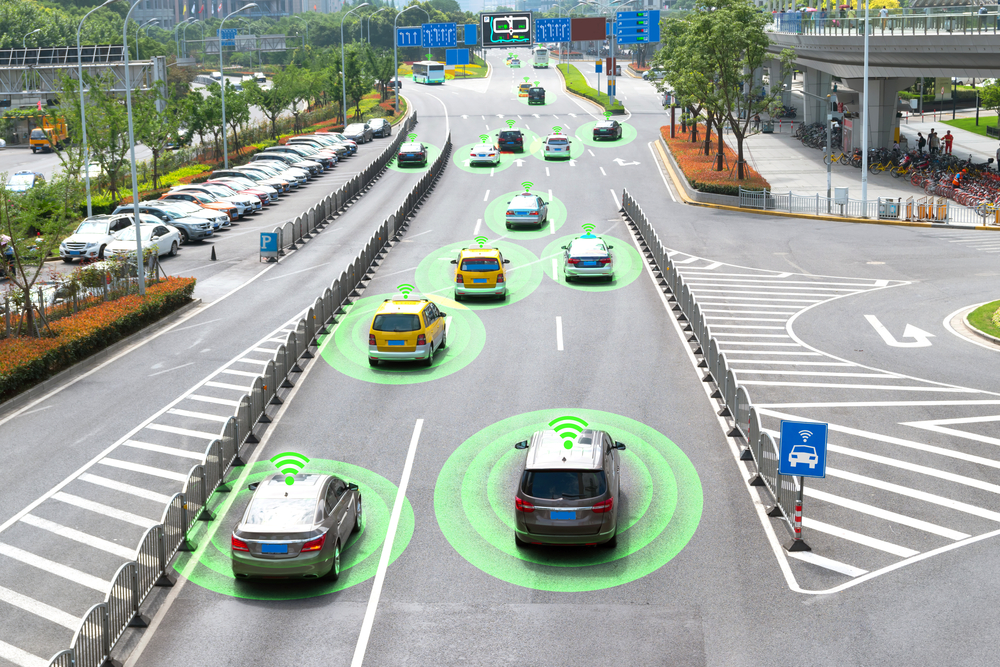
With fewer cars idling in traffic and more efficient driving patterns, autonomous vehicles can contribute to better air quality. This is particularly beneficial in urban areas where pollution levels are typically higher.
This article originally appeared in MyCarMakesNoise.
More from MyCarMakesNoise
20 Cruisers Designed for Riders of Any Skill Level

Cruiser motorcycles are a popular choice for riders of all skill levels, offering a blend of style, comfort, and performance. Whether you’re just starting your riding journey or you’re a seasoned veteran, the right cruiser can make all the difference. Read More.
15 Trucks That Are More Impressive Than You Think
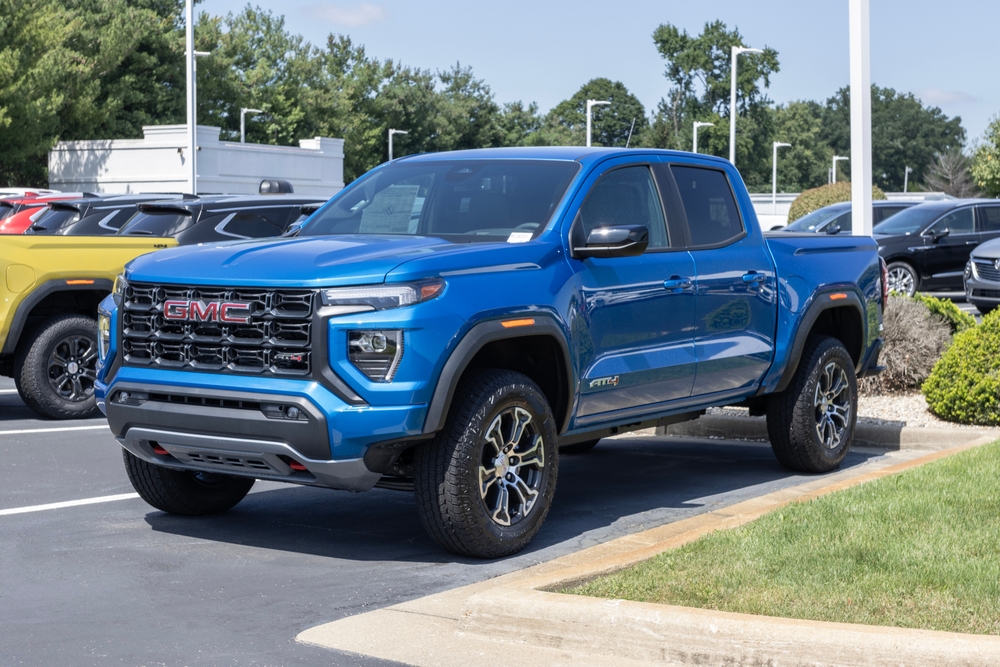
When it comes to trucks, some steal the spotlight, and those that quietly get the job done without much fanfare. Our list of the world’s most underrated trucks shines a light on those reliable workhorses that offer outstanding features and capabilities but don’t always receive the recognition they deserve. Read More.
13 Rare Jeeps That Are Hard to Find

Jeep enthusiasts know that some models are harder to find than others. In this list, we’ll explore 14 rare Jeeps that are elusive and highly sought after. From unique limited editions to vintage classics, these Jeeps are a treasure trove for collectors and fans alike. Read More.














